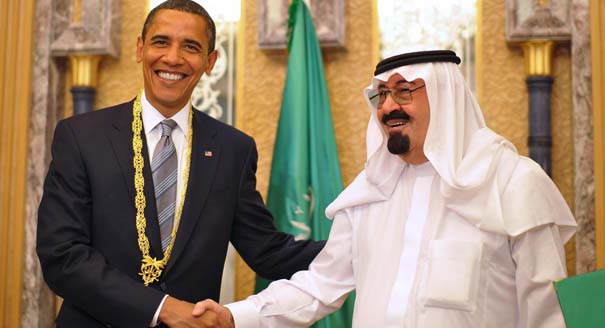Ahead of President Obama’s Middle East trip and highly anticipated address to the Muslim world, Carnegie experts in the Middle East and D.C. discussed regional expectations for his speech, the administration’s approach to the Arab-Israeli peace process, and the significance of his stops in Egypt and Saudi Arabia.
Key points:
- Middle East audiences will want to hear from President Obama on two major issues: his stance towards political reform and the future of the Arab-Israeli conflict.
- Obama is unlikely to outline a detailed Middle East peace plan in his speech, which will cause some disappointment in the region. But if the speech is followed by progress over the next few months, it will have a positive mid to long-term effect.
- The inclusion of Saudi Arabia and Egypt, as with Turkey previously, is an attempt to build on U.S. alliances, marshal momentum in the wider Islamic world, and leverage goodwill into progress on the Israeli-Palestinian conflict.
- Cairo is a significant location for the speech as Egypt has historically been the most influential presence in the Arab and Muslim world (though the trip to Saudi Arabia shows recognition of its central role as well). The introduction of the president in Cairo will come from a religious leader—the Grand Sheikh of Al-Azhar—which signals that Obama will address wider Muslim issues, not just the political crisis.





